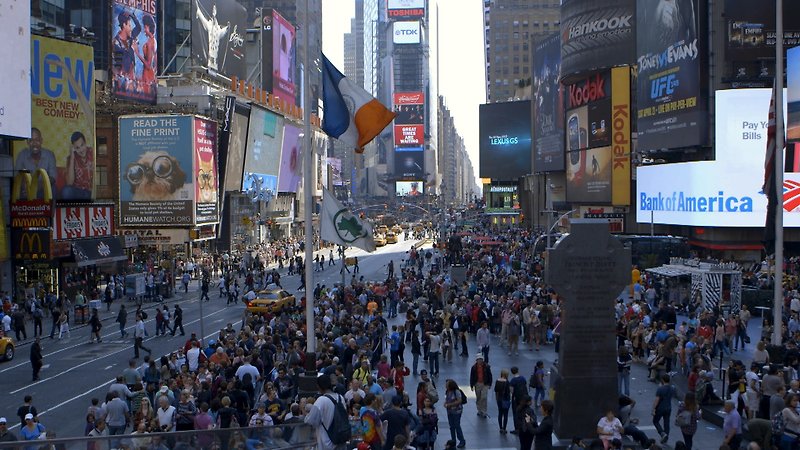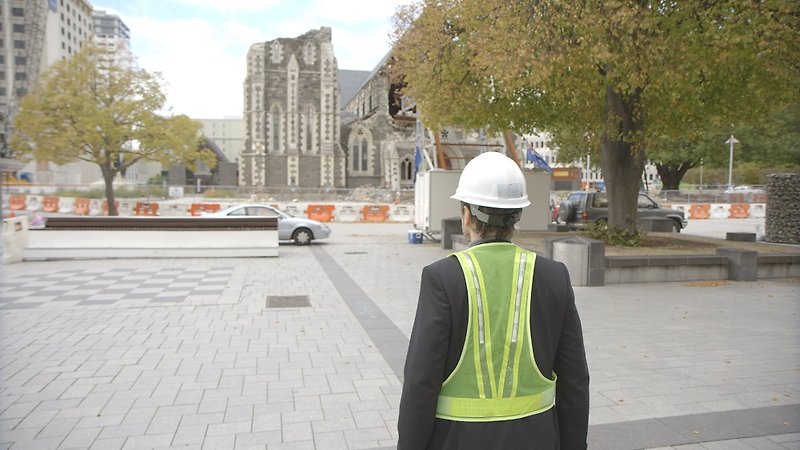As we move from the age of the megacity to the gigacity, Andreas Dalsgaard takes us on a chaptered journey, from Copenhagen through New York, LA, Chongqing, Siena, Melbourne and Dhaka to, yes, Christchurch, examining urban issues and challenges.


First we shape our cities then our cities shape us.
Screened as part of NZIFF 2013
The Human Scale 2012
As we move from the age of the megacity to the gigacity, Andreas Dalsgaard takes us on a chaptered journey, from Copenhagen through New York, LA, Chongqing, Siena, Melbourne and Dhaka to, yes, Christchurch, examining urban issues and challenges.
The story is told through the (metaphoric) lens of Jan Gehl, the Danish guru of urban design and consultant to cities worldwide – including, in the last decade, both Auckland and Christchurch. Gehl has been studying urban environments for fifty years, observing people instead of cars, pedestrians not traffic, claiming, ‘first we shape our cities then our cities shape us’.
The film opens with the modernisation of China, where it seems they are doomed to repeat the mistakes of the West. Gehl advocated for more open space in Copenhagen and now 35 percent of commuters cycle and 24 percent drive. In the summer of 2007 in New York he persuaded the city to close parts of Broadway to create public squares. His team implemented pedestrian networks in Chongqing, China, only to be sabotaged by traffic planners. In Dhaka, the city banned rickshaws, assuming them to be the cause of congestion, when they should have focused on the cars sold by the companies from the same countries that fund the World Bank’s billion-dollar loan to Bangladesh to build more roads. In Melbourne, where they have created a liveable city by reinvigorating lanes, turning streets into living rooms, a salutary lesson lies for Aucklanders and their Unitary Plan: stop rolling out suburbs like carpet. The final chapter is a succinct portrait of Christchurch post-earthquake and the opportunities to build anew. — Tommy Honey